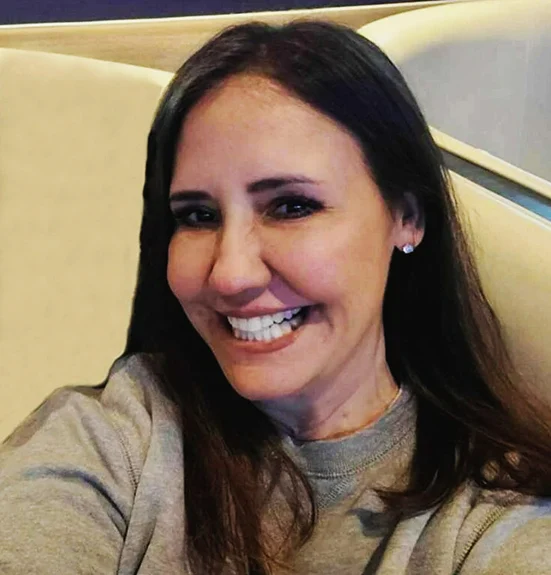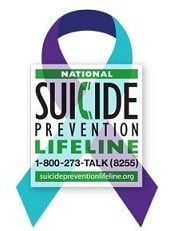Substance abuse and chemical dependence allow a person to keep doing what they’re doing— despite any negative consequences. It reinforces that issues don’t have to be fixed; they’re delayed thanks to drugs and/or alcohol. That is, until the problems start to snowball and lead to other self-destructive behavior. And the downward spiral begins.

Therapy or counseling allows people to explore not only what they’re currently dealing with, but what they’ve been going through for years and what they’d like to change. Each person’s individual experiences create their own unique spin on life (their reality). Until those issues are faced and addressed, one’s poor coping skills continue to delay, hide or suppress any possibility of beginning to live a healthier life.
REMEMBER:
those who don’t confront their past are doomed to repeat it.
Addiction and Codependency
A larger issue in substance abuse is codependency. The world can be a tough place where many people struggle to like themselves, find security and feel stable—and look to others to provide these things for them. Very often, this is what codependency is.
Do you:
- Struggle to be true to yourself?
- Find that saying “no” is difficult?
- Always need to be helping someone else (and then feel resentful when they don’t reciprocate)?
While codependency starts out innocently enough, it can easily evolve into enabling others and allows them to freely continue their self-destructive behavior. At first, you thought you were merely being helpful when, in actuality, you’re reinforcing that there are no consequences and responsibilities for the other person—because you’ll take care of things for them. This is what’s known as being “an enabler.”
Part of what I explore with families is the role of their enabler: the person who picks up the pieces and tries to keep everything (and everyone) together. And the person who ultimately grows tired, hurt, resentful and worn out.
Together we look at:
- What safe boundaries are
- Setting initial boundaries
- Managing what you can control for yourself (rather than for others)
If you (and/or or someone you care about) struggle with chemical dependency, please reach out to Tracy Crain for help.






